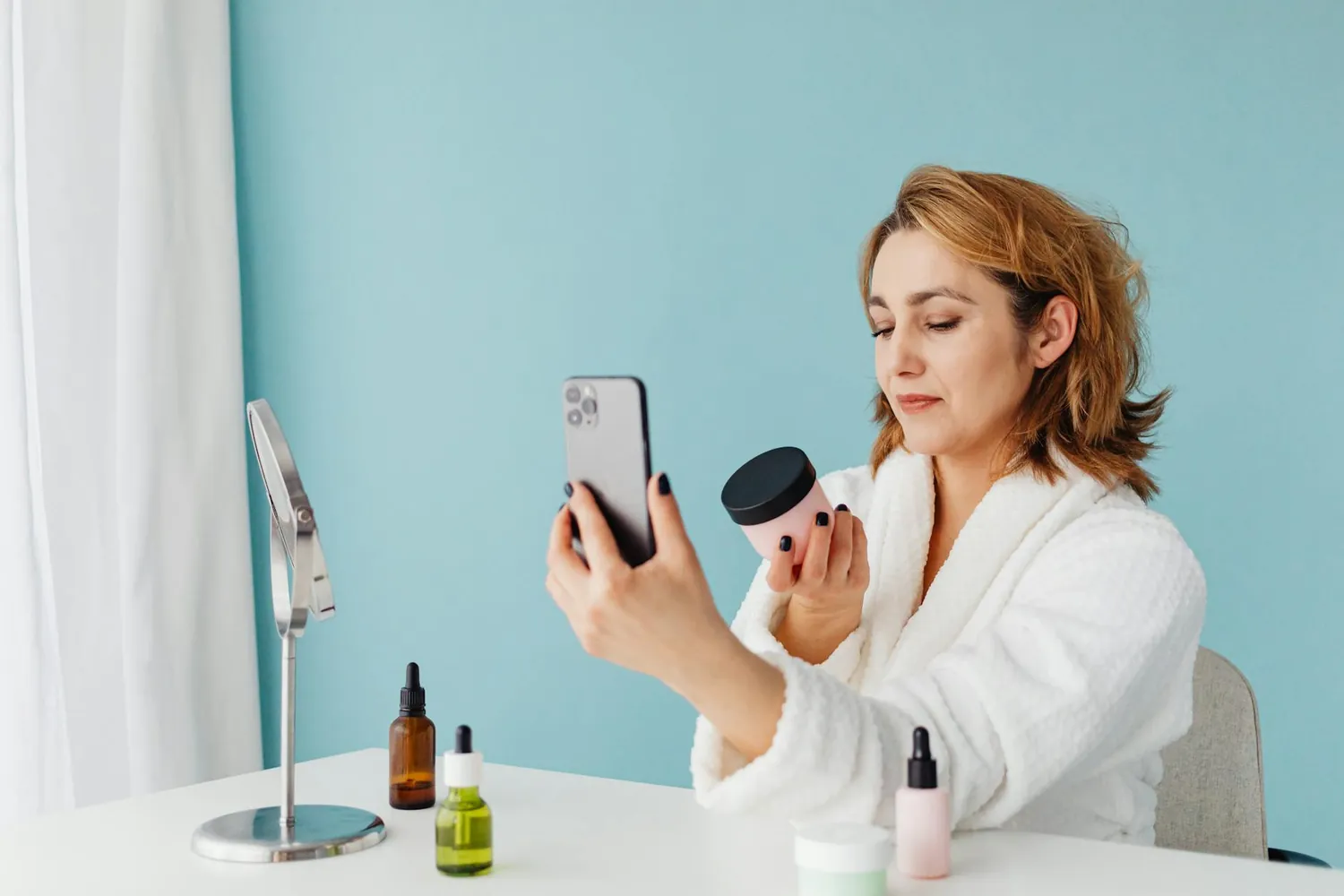Exploring Competitive Approaches to Personalized Skincare Using Technology

The Rise of AI in Skincare
Artificial Intelligence (AI) has been making waves in various sectors, and the beauty industry is no exception. The integration of AI into skincare routines has opened new avenues for personalized beauty solutions that cater specifically to individual skin types and concerns. With AI-driven technology, consumers can now receive tailored recommendations, which promise to revolutionize the way we approach skincare.
AI-Driven Skincare Solutions: An Overview
AI technology in skincare primarily focuses on two areas: analysis of skin conditions and product recommendations. These applications allow for an in-depth understanding of one's skin, providing insights that would otherwise be difficult to obtain without professional dermatological assessments.
Case Study: Proven Skincare
Proven Skincare utilizes a comprehensive AI algorithm that examines more than 47 factors related to an individual's skin. This includes geographical location, climate, and lifestyle choices. By answering a detailed questionnaire, users receive a personalized regimen designed specifically for their skin needs.
- Pros: Highly personalized and data-driven. Suitable for individuals who want a detailed understanding of their skin's unique requirements.
- Cons: Requires commitment and consistency in using prescribed products to see results.
Case Study: L'Oreal's AI Skin Diagnostic Tool
L'Oreal has developed a cutting-edge tool that uses advanced image recognition software to analyze skin conditions through selfies. This tool offers instant feedback on various aspects such as hydration levels, pigmentation, and even wrinkle depth.
- Pros: Quick and easy to use, providing immediate results. Great for individuals looking for instant feedback without extensive testing.
- Cons: May not be as comprehensive as a full dermatological assessment; relies heavily on user-provided images.
Comparison of AI Approaches
When comparing these two approaches—Proven Skincare’s questionnaire-based method and L'Oreal’s image recognition tool—it’s clear that each has its unique benefits and challenges. Proven offers a deep dive into a wide range of factors influencing skin health, ideal for those who appreciate detailed analysis. On the other hand, L'Oreal’s tool is perfect for busy individuals seeking quick insights without the need for exhaustive input.
Emerging Trends in AI Skincare
As technology continues to advance, we're seeing more integration between AI and other emerging technologies like augmented reality (AR). Companies like ModiFace are exploring AR applications that allow users to simulate the effects of different skincare products before purchase. This trend indicates a future where virtual try-ons become as common as physical samples.
Practical Tips for Consumers
Navigating the world of AI-driven skincare can be daunting. Here are some practical tips to consider:
- Research Brands: Choose brands with transparent data policies and ethical AI usage practices.
- Know Your Skin: Have a basic understanding of your skin type and concerns before using AI tools to ensure accurate recommendations.
- Test Products: Whenever possible, try samples before committing to full-sized products based on AI recommendations.
The Future of AI in Skincare
The integration of AI in skincare is just beginning. As machine learning algorithms become more sophisticated, we can anticipate even more personalized and effective solutions tailored to each individual's unique needs. Furthermore, as consumer trust in AI grows, the adoption of these technologies will likely accelerate, making personalized skincare accessible to a broader audience.
